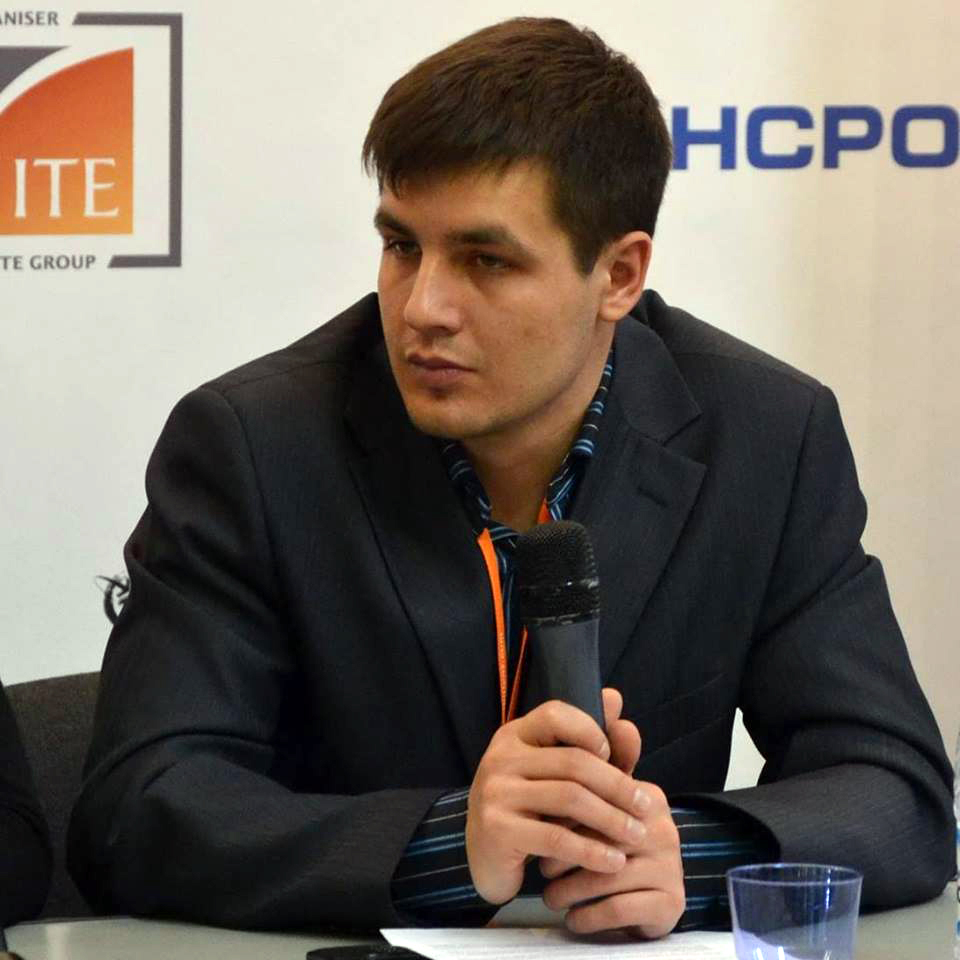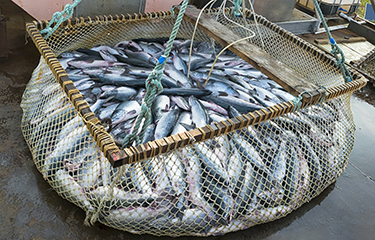Russia’s salmon fisheries experienced the their worst season in 10 years in 2020, and fisheries scientists are placing the blame on weather anomalies and are calling for new approaches to future season forecasts, potentially including new international cooperation.
Through 2 November, Russia had harvested 299,200 metric tons (MT) of salmon, Russia's Federal Agency for Fisheries reported. That is the lowest total since 2009, and 44 percent less than the record year in 2018. Fishing in most areas has finished for the year, with just a few thousand MT still to arrive over the next few days.
When the catch was 297,000 MT on 19 October, leading fishing locations had the following totals: the Kamchatka region, traditionally the largest-producing region, had caught 192,000 MT; followed by the Sakhalin region with 64,000 MT; and the Khabarovsk region with 32,000 MT.
The biggest share in terms of species caught was pink salmon, with 176,000 MT. Chum came behind that with 79,000 MT – with a possible increase to 83,000 MT – while sockeye salmon was 30,500 MT, and coho 10,000 MT. King salmon and cherry salmon combined brought just 330 MT.
Those totals are far below pre-season projections, which estimated a catch of 384,000 MT. Only coho performed above expectations, while pink salmon and sockeye salmon were 21 to 22 percent lower than forecasted. Chum was biggest outlier compared to the forecast, with the catch sitting at 32 percent below expectations, though with a possible correction to 27 percent if the planned 83,000 MT materialized.
Overall, the difference between the season’s forecast and the actual catch appeared to be around 20 percent. That gap is the main challenge for both authorities and fishery scientists.
In late October, Ilya Shestakov, head of the Russian Federal Agency for Fisheries, met with Russian scientists from the Russian Research Institute of Fisheries and Oceanography (VNIRO) to talk about the possible reasons for the difference. According to scientists, the biggest surprises came from climate change.
VNIRO Anadromous Fish Department Head Sergey Marchenko said during the meeting that the low catch can’t be explained by either a failure of the fishery science or errors in fishery management. Scientists, he said, reviewed both aspects and found no serious mistakes. The forecast models used to predict the size of salmon stocks had showed solid results in the past, and authorities and scientists have taken the right steps to regulate fishing. Even if some mistakes took place, Marcheko said, the difference should not have been as large as it was.
At the time, the poor showing was recorded not only in Russia, but also across the Pacific in Alaska.
“The synchronic drops in catch both in the west and in the east of the Pacific let us talk about common factors affecting the size of salmon stock,” Marchenko said.
A longtime weather anomaly featuring warmer ocean water that had taken place in early and the middle of 2020 could also have played a role, Marchenko said.
“This anomaly has been an ordinary phenomenon over the last few years, but this year it was special, as it started to disappear only in July,” he said.
Due to the phenomenon, northern stocks of salmon were forced to move westward looking for a more comfortable habitat, as hotter waters negatively impacted the size of plankton and the content of oil in it. That movement, in turn, increased the density of stocks, causing increased competition for feed. Less feed means lower survival rates, as well as lighter weight and smaller fish sizes.
“We have succeeded in doing a deeper analysis of salmon by the combination of fisheries and academic knowledge added by data from longstanding surveys," Marchenko said. "No doubt, we will able to enhance the accuracy of our forecasts by including climate parameters into our models."
Aleksei Baitaliuk, the deputy head of the Pacific branch of VNIRO, supported the conclusion, adding that the results of the 2020 salmon season may indicate the end of big salmon stocks in the Russian Far East.
“We suggest that the curbing factors for the stocks will be the warming of the ocean, which means reducing the area fit for feeding the species," he said. The decline in volumes will be gradual, he added.
The solution, Baitaliuk said, is to adapt to the new changes.
“We need to gain new experience in forecasting how salmon will be reacting to these new factors,” Baitaliuk said.
Baitaliuk's group has prepared a plan of marine expeditions for 2021 that covers the scientific aspects needed for an assessment of stocks during the transition period to hotter ocean waters, he said. Current plans call for surveys to be conducted in the waters of the Sea of Okhotsk near the Kuril Islands, supplementing the surveys of the Kuril waters of the Pacific Ocean to research distribution and migration routes of salmon juveniles. From other expeditions, Bailtaliuk mentioned surveys in the Western part of the Bering Sea in summer 2021.
For his part, Shestakov suggested that an international conference on salmon must be held, with the participation of scientists from all interested parties, including the U.S. and Japan.
“We will present our conclusions and hear the recommendations on the matter from our foreign colleagues,” he said.
There is a chance that such an event may be organized in the near-future, as it has strong support from local leaders. Kamchatka Governor Vladimir Solodov, who has pushed for reforms in the regional fishing sector, expressed his support for a conference. Following the red tide that caused marine die-offs in Kamchatka in September and October (which was named among possible reasons for the bad salmon season), scientists are already cooperating with Japanese and American fishery researchers, with the goal of conducting joint research ventures focusing on plankton. Solodov is pushing a proposal for the conference to take place in Kamchatka.
Photo courtesy of Konstantin Baidin/Shutterstock







